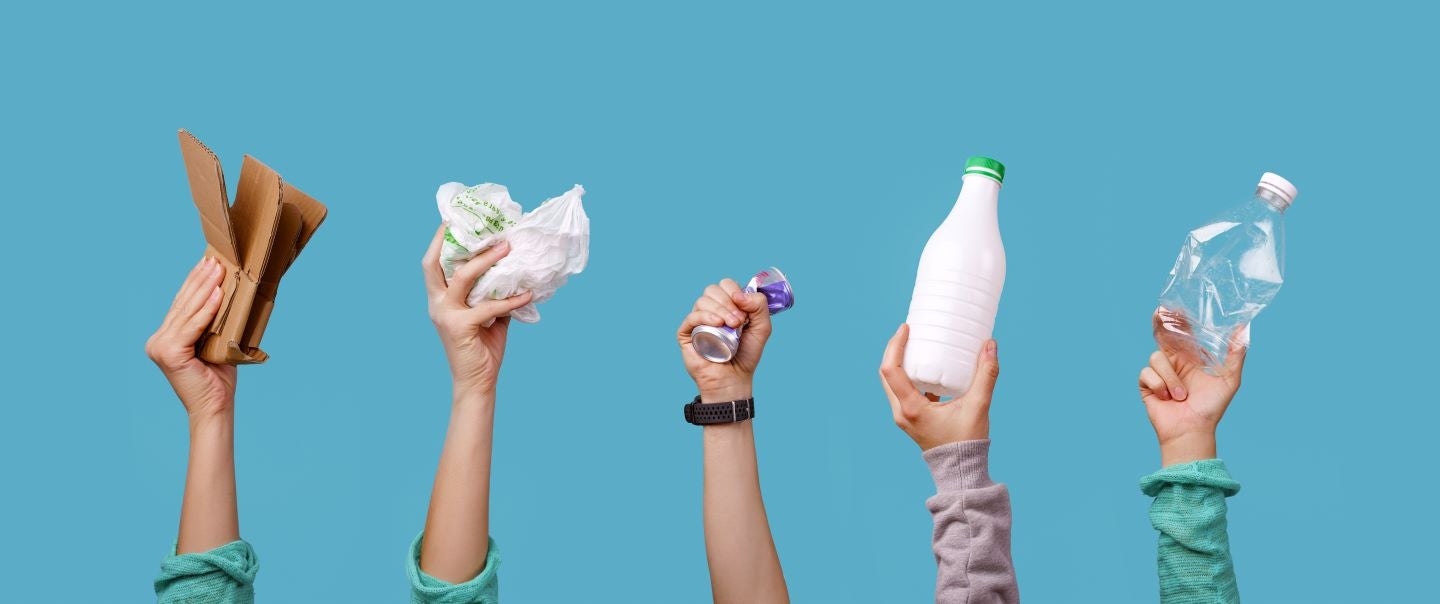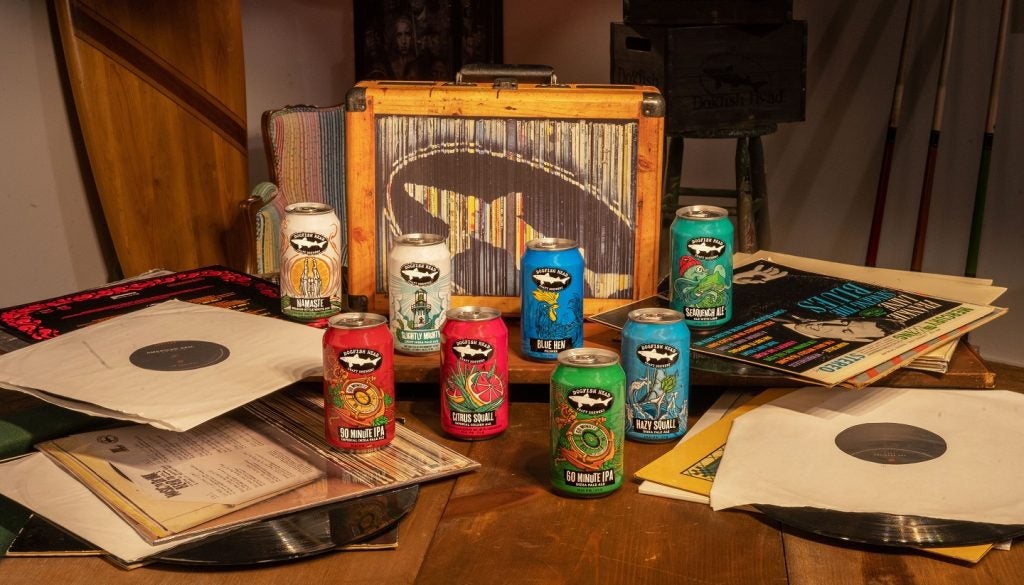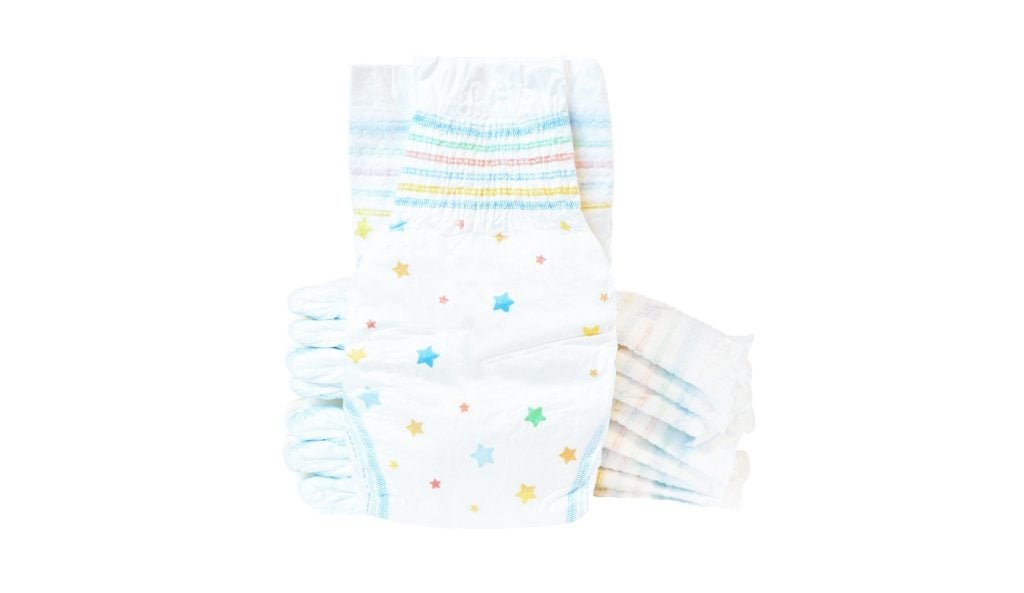
In June 2023, the Australian Government announced that packaging would soon be subject to strict new rules aimed at cutting waste and promoting recycling. The historic agreement, which represented an Australian first, included mandatory packaging design standards and targets – including for recycled content and addressing the use of harmful chemicals in food packaging.
The new rules reflected the reality that current voluntary targets and guidelines for Australia’s packaging industry have not worked, with three million tons of packaging sent to landfill each year – equivalent to around 200 billion chip packets.*
Moreover, it is an issue that consumers are acutely aware of; just over one-fifth (21%) of Australian consumers consider recyclable packaging to be “essential” when making a purchase, while almost half (49%) consider this feature “nice to have.”** The importance of sustainable packaging is particularly important in consumer goods, given that the product life cycle is short – compared with durable goods such as household appliances and clothes for example. Accordingly, issues around disposal play a key role in determining product sustainability, with packaging coming under increased scrutiny by consumers, many of whom are making behavioural changes to reduce their plastic waste. In fact, 41% of Australians are always/often influenced by information on whether the packaging can be recycled when making product choices, while almost the same proportion (40%) share the same sentiment towards information about how to recycle packaging.***
While stricter sustainable regulations undoubtedly represent an important and necessary step in addressing pressing environmental challenges, the rapidly-evolving and heterogeneous regulatory landscape also presents complexities for consumer goods companies. This is particularly so for larger multinational companies that must comply with different regulatory requirements in different countries, thus potentially necessitating product differentiation for specific markets. Even seemingly straightforward parameters such as the definition of “recycling” or “recyclable” can prove problematic if such terminology is not standardised.
This highlights how crucial it is for consumer goods manufacturers to stay informed and up-to-date with the evolving regulatory environment, as laws can prove complex and difficult to follow. This entails leveraging market intelligence in order to keep track of regulatory changes and adapt business models to ensure compliance.
See Also:
It is also just as important for brands to engage with policymakers and use their voices and expertise to inform lawmaking discussions. Having a seat at the table will not only afford brands key information such as timelines as to when stricter regulations are phased in but also enable companies to provide input into the scope, action plans, and targets involved. Given that sustainability is no longer a nice-to-have and increasingly the cost-of-entry, brands need to collaborate with governments and supply chain partners to drive the sustainable packaging movement in line with company objectives.
How well do you really know your competitors?
Access the most comprehensive Company Profiles on the market, powered by GlobalData. Save hours of research. Gain competitive edge.

Thank you!
Your download email will arrive shortly
Not ready to buy yet? Download a free sample
We are confident about the unique quality of our Company Profiles. However, we want you to make the most beneficial decision for your business, so we offer a free sample that you can download by submitting the below form
By GlobalData* Tanya Plibersek, Minister for the Environment and Water, quoted in a government media release, June 2023
** GlobalData 2023 Q1 global consumer survey
** GlobalData 2022 Q3 global consumer survey








